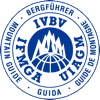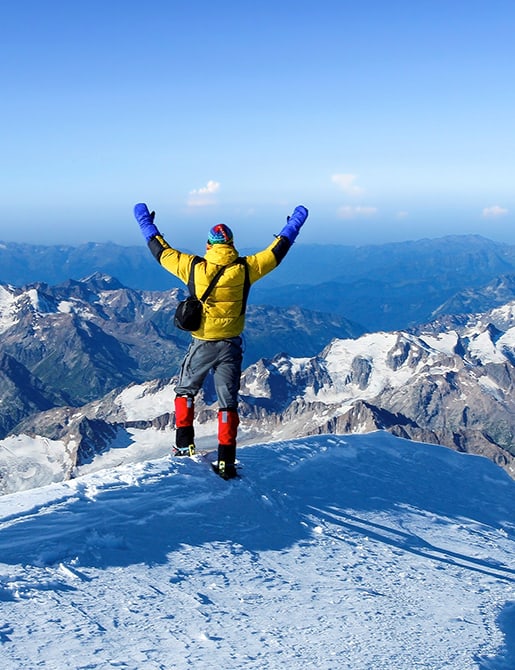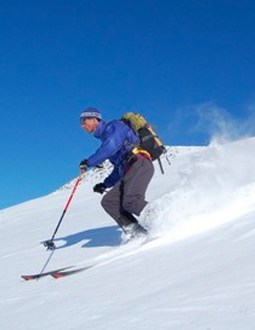Youth Rock Climbing Camps are open for booking!


This course is designed as an introduction to spending the night in winter conditions in the alpine. Whether you're looking to summit Rainier or spend days doing a ski mountaineering trip, this course will help you dial in your winter camping skills and equipment so you feel confident and prepared to take your next adventures to higher elevations.
This course is designed as an introduction to spending the night in winter conditions in the alpine. It will help you dial in your winter camping skills and equipment so you feel confident and prepared to take your next adventures to higher elevations.
This 3-day, 2-night trip will cover topics such as selecting equipment for winter camping and building shelters to protect you from the elements. You will meet your guide around 8am on day 1 and return to the parking lot around 3pm on day 3. We'll schedule a gear check prior to the course at Pro Ski and Mountain Service so you will be sure to have all the right equipment.
Course is offered near Snoqualmie Pass, with options of camping in the Commonwealth Basin or near Snow Lake as conditions allow.
Overall difficulty: Moderate
Skills required: Proficient with your mode of uphill travel (snowshoes or touring setup)
Moderate physical fitness: 2500 to 3500 feet of vertical gain with a (30 - 35 lbs) pack
As a group, you can decide with your guide to take ski tours or snowshoe hikes to nearby peaks if time and conditions permit.
Snow Travel Gear
Safety Gear
PGS Supplied
Pro Guiding can provide tents, stove, fuel, first aid kit, and communication devides. You may also use your own equipment.
No substantial prior winter camping experience is required, but solid fitness will enhance the quality of your course substantially. Experience with snow travel (either ski/splitboard or snowshoes) required.
No, you are responsible for your own food. We are glad to help with food suggestions though. See our website HERE for helpful tips.
Try to fit your gear into a 50 liter pack. Many people choose a larger 55-65 liter pack, especially for winter camping.
Although tipping is not a requirement it is considered standard practice in the guiding industry and is appreciated by our guides. We generally recommend roughly 10%-15% of your course or trip cost or a amount that you are comfortable with.

